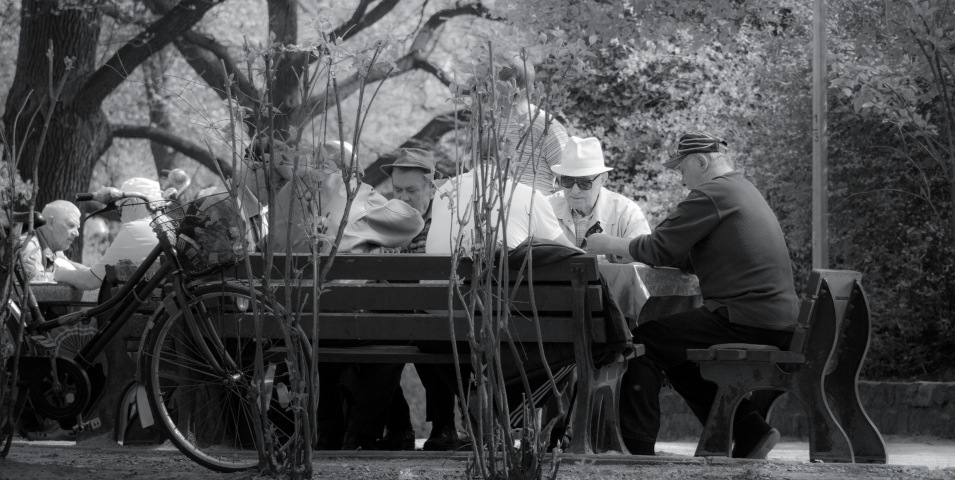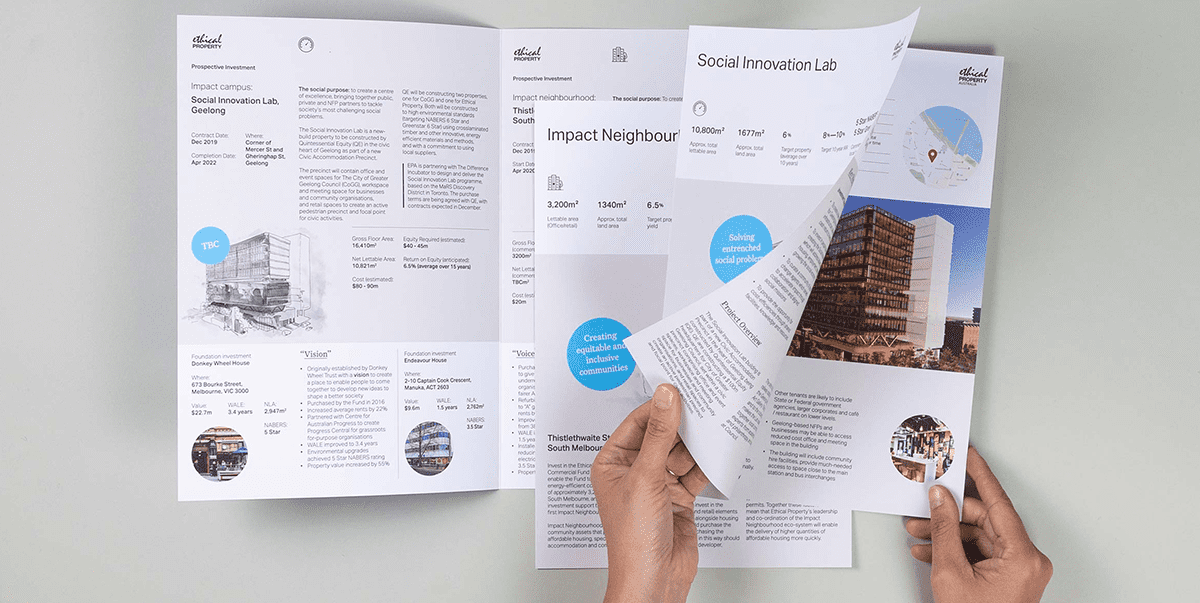
We’re all getting older. For a society obsessed with youth and one in which ageism is pervasive, this is a reality not many of us acknowledge or discuss. We look for ways to “turn back time” and to deny and disguise our age.
But given that Australia has an ageing population, it’s time to rethink retirement and talk about what it means to be “old” today.
Rethinking retirement.
Retirement seems like an endangered concept today. This is unsurprising considering the idea of retirement was invented at a time when life expectancy was short and most people did not live long enough to enjoy it. However, with the government seeking to raise the retirement age, and many people finding themselves unable to afford to stop working, the whole concept of retirement needs to be re-examined.
As they have in other areas of life, the Baby Boomers are changing the meaning and reality of retirement. The Baby Boomers have never accepted the status quo, but rather, have changed and molded society to suit them. They basically invented the concept of “teenager” and are approaching their older years in a similar way. Retirement is becoming a second youth; it’s increasingly seen as a time for adventure, exploring and doing things you never had the time to do before. Witness the rise of the grey-nomad and “Seniorpreneurship”. If the Baby Boomers have their way, retirement will no longer be for “the old”, but rather, will be a time of life to enjoy, if you have the means to do so.
What does “old” mean today?
So if retiring no longer signifies the moment when we “get old”, what does? What does “old” mean today?
It could be argued that old is now a state of mind, rather than a number. Many people are still working well into their sixties, while others are frail well before then. To be sixty or seventy today is not the same as it was for the previous generation. Age alone is no longer a reliable indicator of being old.
If middle age and being active now extends till people are in their seventies or eighties, we will need to address the ageism that exists and rethink how we value older people. As our population ages, it will be important to capitalise on the contribution people can make in their later years.
Marketing to “older” audiences
If being old is more a state of mind than a number, then marketing needs to take this into account. The stereotypes of the past no longer apply. We need to depict retirees and older people as they see themselves, that is, as a diverse group with a range of interests and abilities who still have much to offer the community in which they live.

